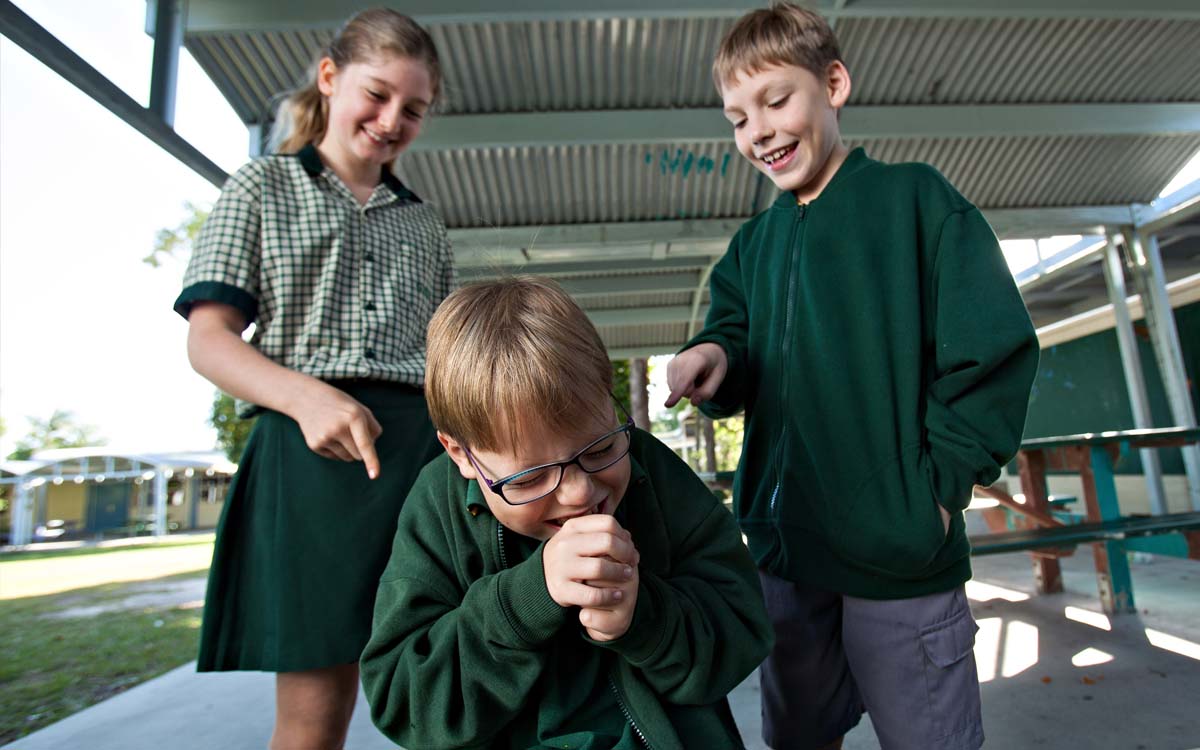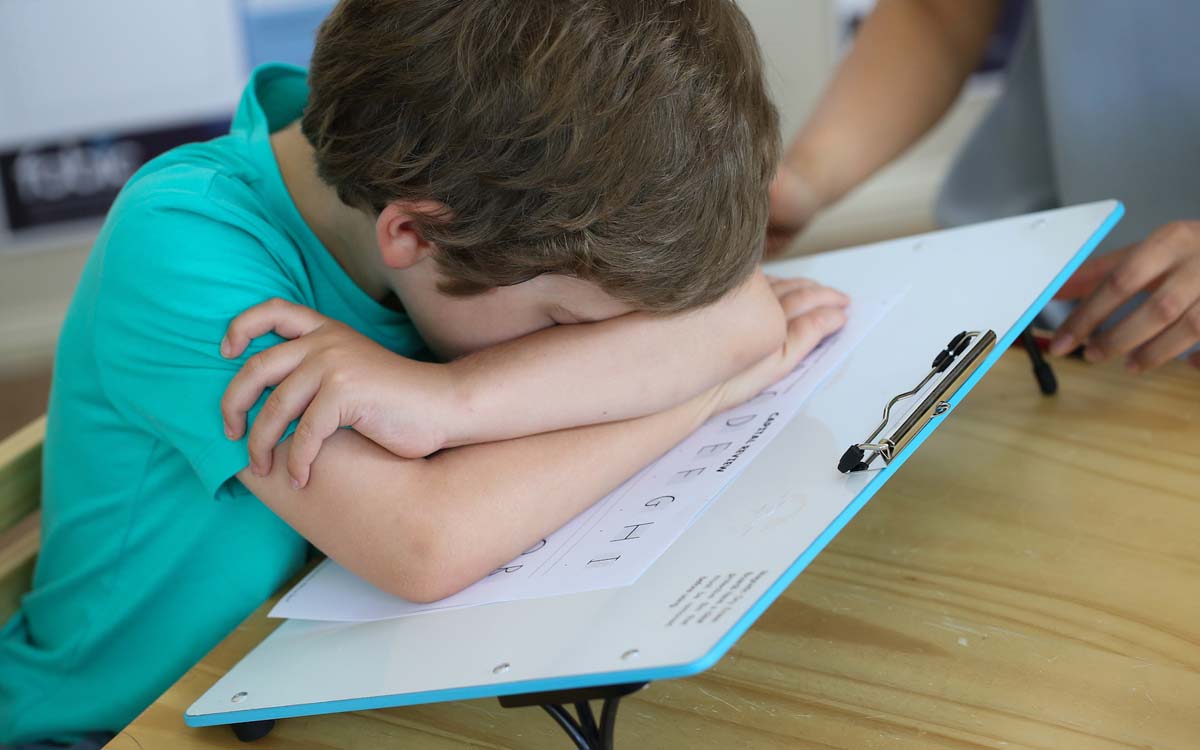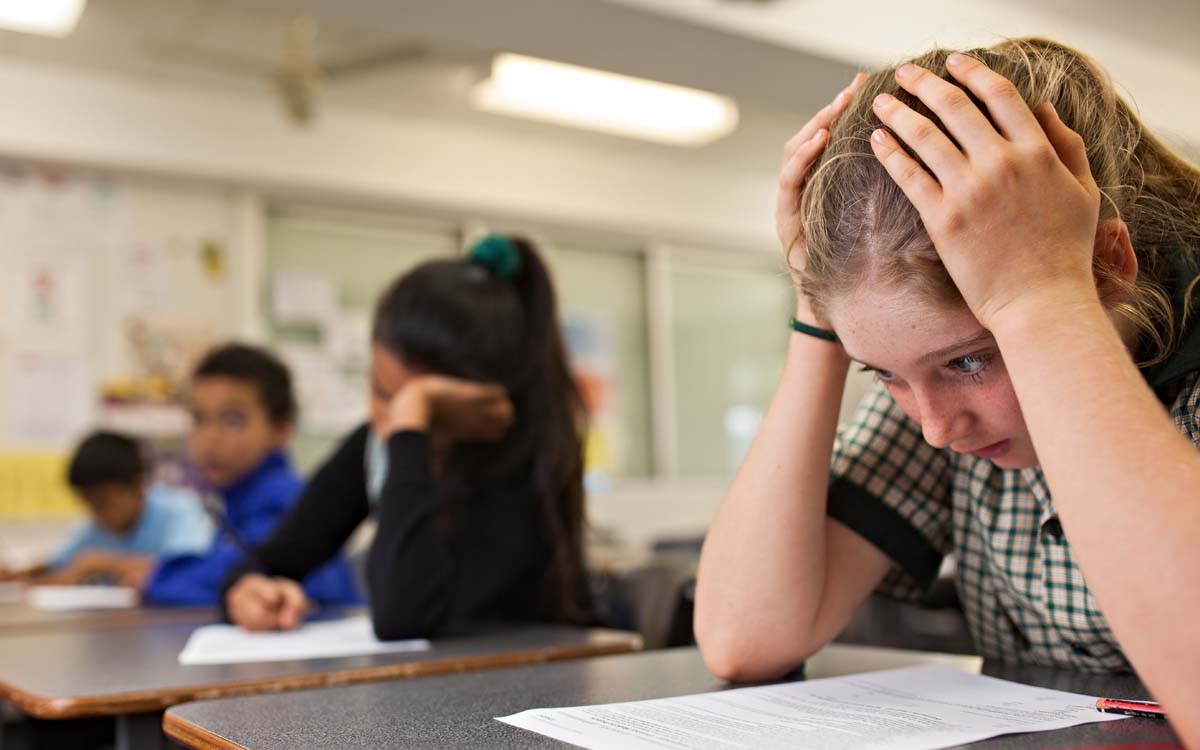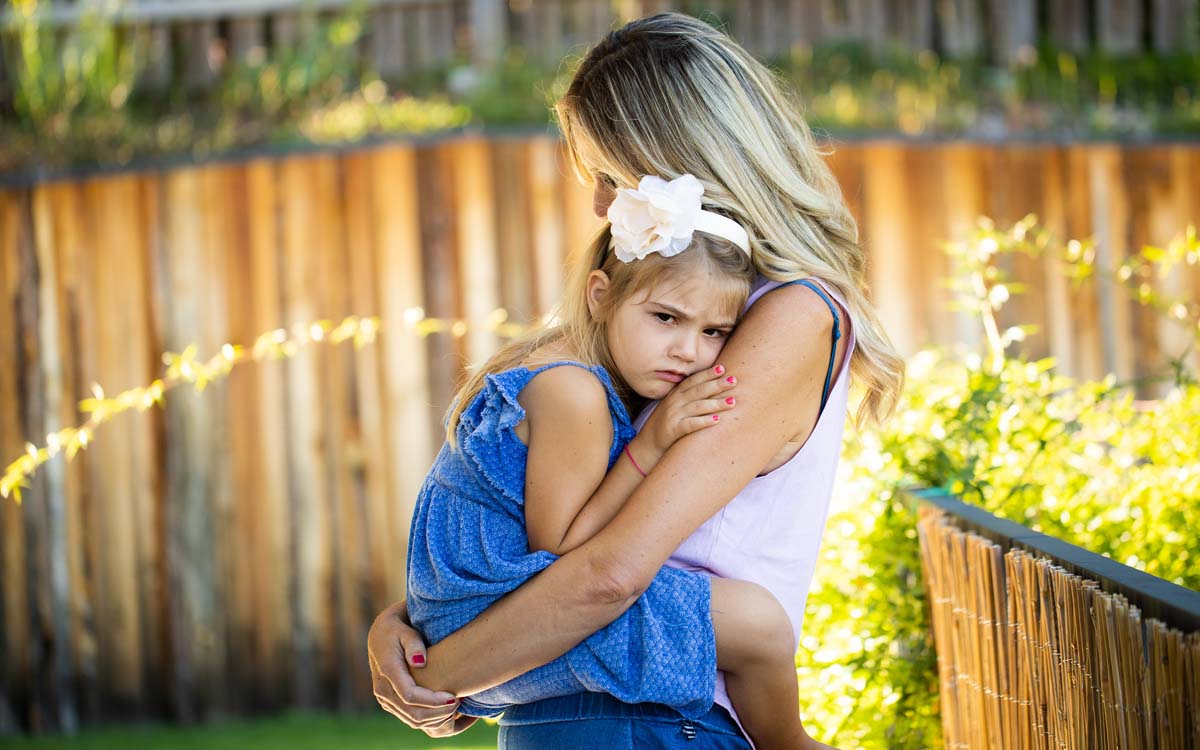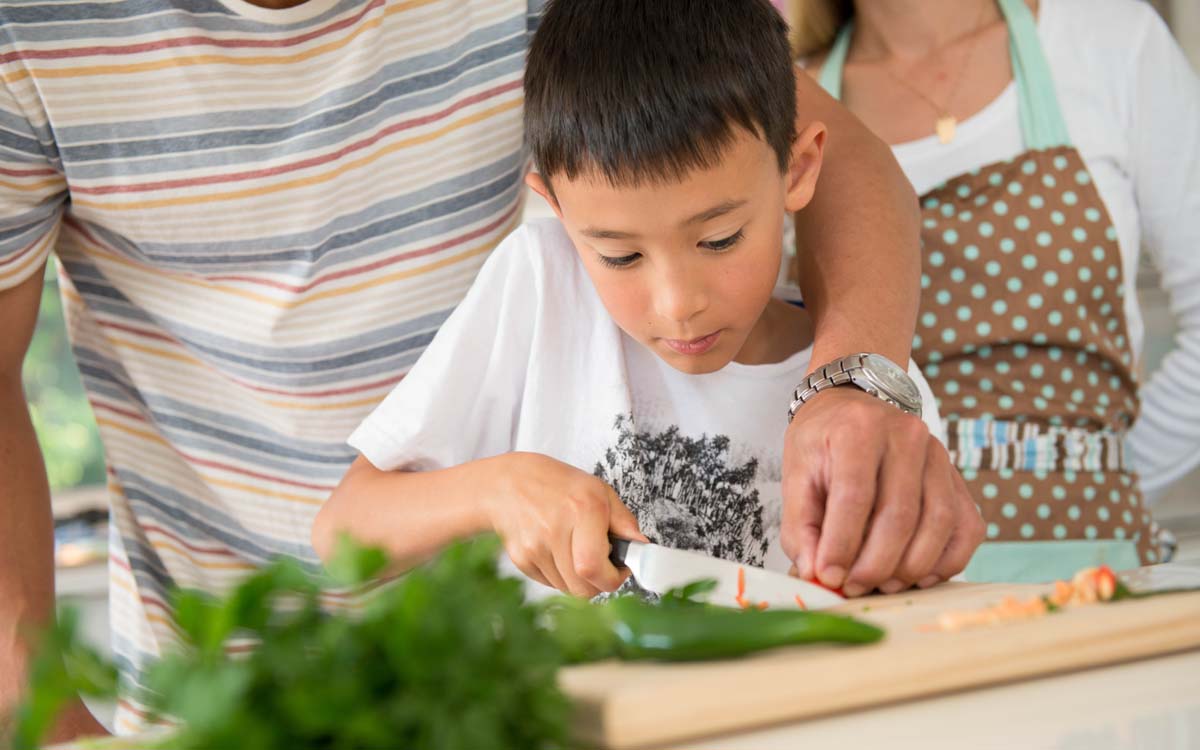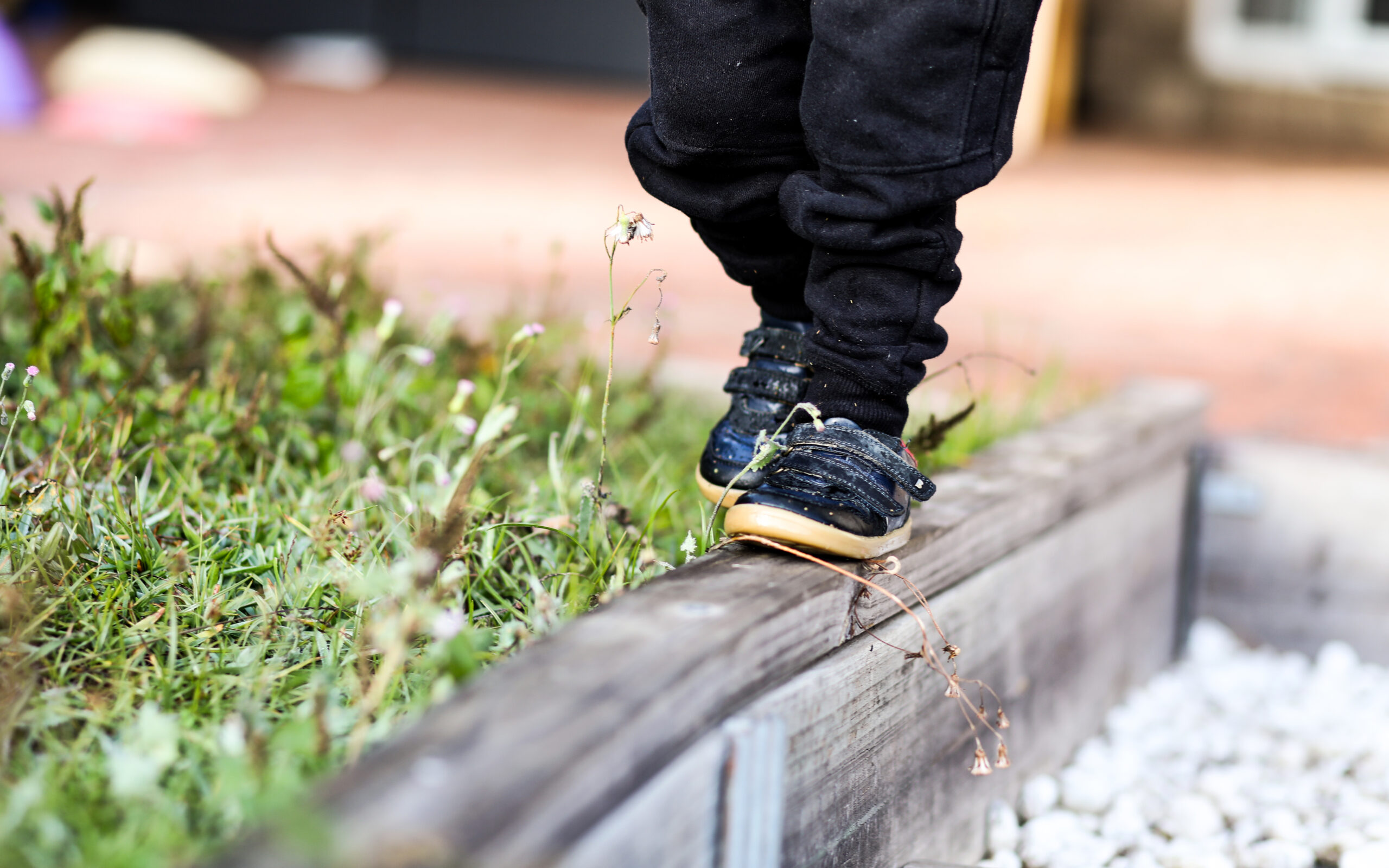Too frequently we accept sibling rivalry as a norm — “That’s just what siblings do!” They sometimes fight, call each other names, are in competition with each other and can often be mean to each other.
Why do we accept sibling rivalry as “just the way it is”?
- Could it be that siblings also have the potential to be great friends, to love and embrace each other and to learn to work together as a team rather than in competition with each other?
- Could it be that these siblings are here together for a reason, such as, to learn to be each other’s teachers as they embrace being a student of life together?
In the clinical setting I often have parents report that many of the behavioural issues in the home setting are a result of negative sibling interactions. Siblings fighting over who won or lost, who gets in the front seat, who got more dessert, who did what when! It feels for many families that this is a constant way of being — a way of being that is negatively impacting on all!
At Fabic we embrace the principles that:
- Wanted behaviours must be taught and not expected
- If you say STOP you must also say START
- All unwanted behaviours are in response to a person being presented with an aspect of life they don’t feel like they have the skills to respond to
What this means is it is not only about telling our children to stop fighting but it is really about teaching them how to respond to the parts of life they are struggling with, that is, teaching them the skills so they feel equipped to respond to the part of life their sibling has presented to them that they are struggling with.
Our role is teaching our kids how to self master all aspects of life.
One aspect of where society is failing is that we often EXPECT people to know ALL the wanted behaviours to respond to ALL aspects of life. This model is setting everyone up to fail as it is not possible to know how to deal with all aspects of life, all of the time.
School curriculum offers learning in many areas — how to read, write, calculate maths etc, but it does not teach us how to be the masters of our own lives, as we are presented with so much more in life outside of the school curriculum. It is these aspects of life where we could also benefit from learning the required skills to respond to them.
For example, learning how to:
- Win and lose
- Respond to conflict
- Deal with loss
- Behave when I get any smashed pictures
- Be when someone says a mean comment
- React when I make a mistake and don’t feel like I’m perfect
- Deal with all those challenging situations my sibling brings to our time together
The fact is, knowing how to develop and maintain a loving relationship with our siblings or any other person is not something that comes automatically. It is a skill that needs to be taught and not expected.
For siblings to have loving relationships we will often teach each person how to:
- Understand themselves
- Understand each other
- Communicate and express with each other
- Interact
- Deal with whatever life is asking
- Be loving and accepting of each other
This article and accompanying image were originally published in the May 2015 Edition of Haven Magazine.
